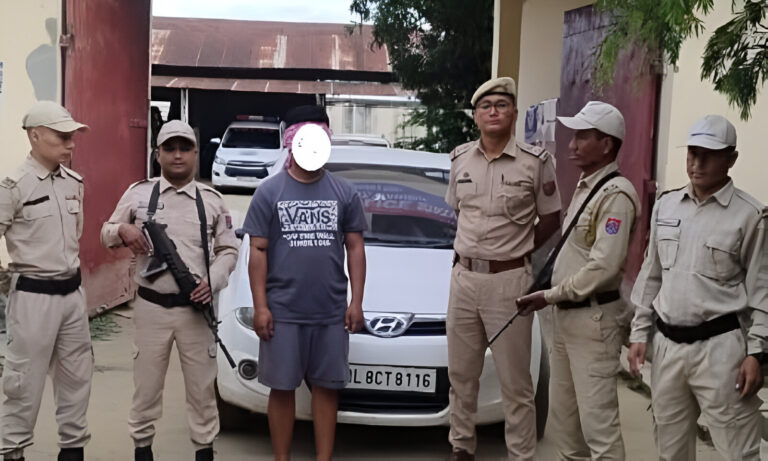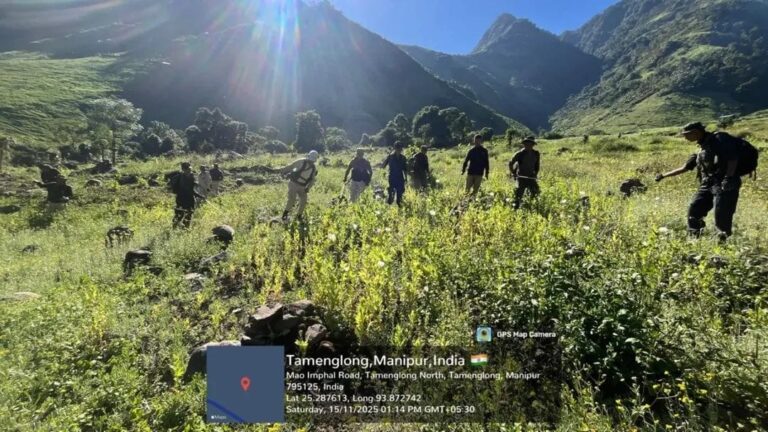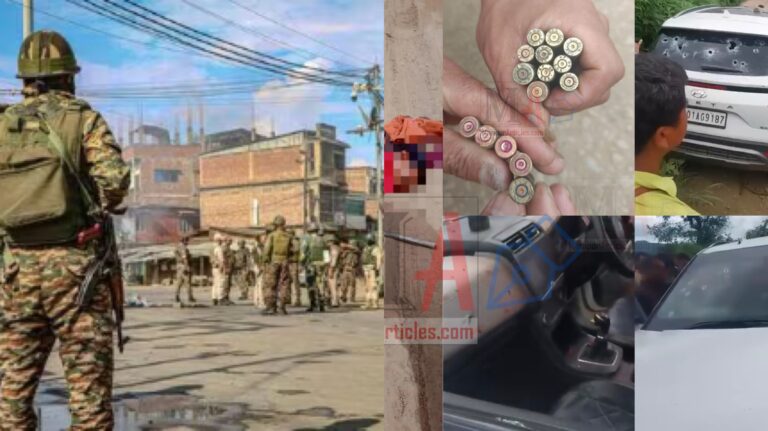Pradyot Bikram Manikya Debbarma Calls for Peace Amid Manipur Unrest
Summary of the Event
Pradyot Bikram Manikya Debbarma, the influential leader of TIPRA Motha, recently emphasized the urgent need for peace in Manipur amid ongoing ethnic tensions. He expressed his concerns over the impact of prolonged unrest and advocated for dialogue and reconciliation as the way forward. This call for harmony came against the backdrop of ongoing challenges, including political instability and social unrest.
A Deep Dive Into the Issue
The Context of Manipur’s Ethnic Conflict
Manipur has been grappling with deep-rooted ethnic tensions, particularly between the Meitei and Kuki communities. These tensions escalated in May 2023, leading to widespread violence, displacement, and loss of life. The conflict has its roots in competing land rights, cultural identity, and political representation.
The Role of TIPRA Motha
TIPRA Motha, a regional political party under the leadership of Pradyot Bikram Manikya Debbarma, has been at the forefront of advocating for tribal rights and regional stability. Although primarily focused on Tripura’s indigenous communities, Debbarma’s recent remarks highlight his concern for broader regional peace, including Manipur.
Debbarma’s Vision for Peace
At a recent public event, Debbarma called for collective efforts to restore peace in Manipur. Drawing parallels with the struggles of Tiprasa in Tripura, he urged all stakeholders to prioritize dialogue over conflict. His stance reflects a broader sentiment among regional leaders who believe that long-term peace requires addressing systemic inequalities and fostering trust between communities.
Challenges to Achieving Peace
Restoring harmony in Manipur is a monumental task, requiring:
- Political Will: Both state and central governments need to engage meaningfully with affected communities.
- Community Participation: Grassroots movements play a crucial role in bridging divides.
- Economic Development: Addressing poverty and unemployment could alleviate underlying tensions.
- Cultural Preservation: Recognizing and respecting the unique identities of all communities is essential.
A Glimmer of Hope
Despite the challenges, efforts like Debbarma’s advocacy offer hope. His focus on unity, combined with calls for judicial inquiries and fair representation, sets the stage for a more inclusive dialogue. However, lasting peace will depend on sustained efforts from all parties involved.
FAQs
- What is the main cause of the conflict in Manipur?
The conflict stems from ethnic tensions over land rights, cultural identity, and political representation. - Who is Pradyot Bikram Manikya Debbarma?
He is the leader of TIPRA Motha, a regional party advocating for tribal rights in Tripura and beyond. - What role does TIPRA Motha play in Manipur’s situation?
While TIPRA Motha primarily focuses on Tripura, its leader has called for peace and reconciliation in Manipur. - How can peace be restored in Manipur?
Peace requires political commitment, grassroots participation, economic development, and cultural respect. - Why is cultural preservation important in resolving conflicts?
Respecting cultural identities fosters mutual understanding and reduces tensions between communities.



